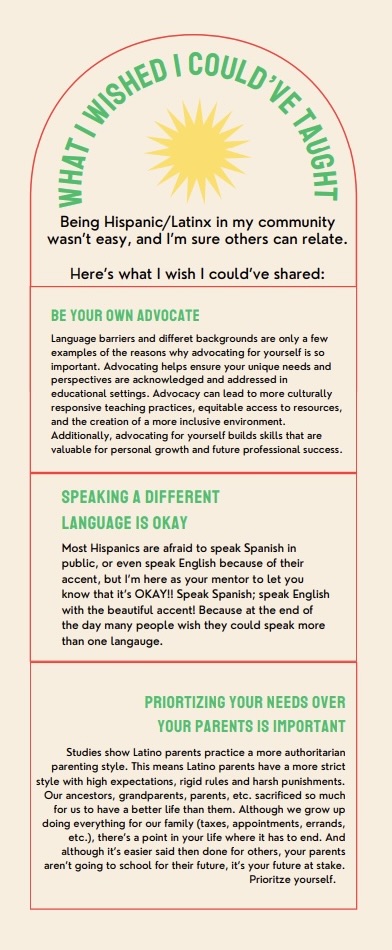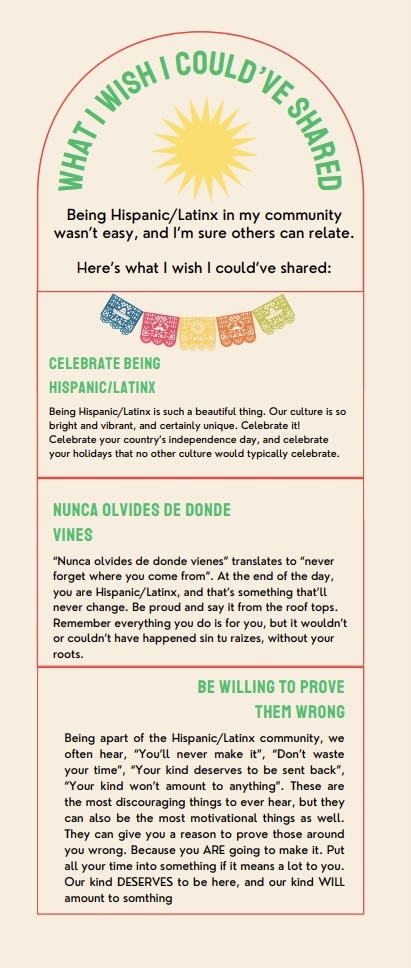Goal 4A (20%)
Adapts and applies a deep understanding of multiple worldviews, experiences, and power structures while initiating meaningful interaction with other cultures to address significant global problems
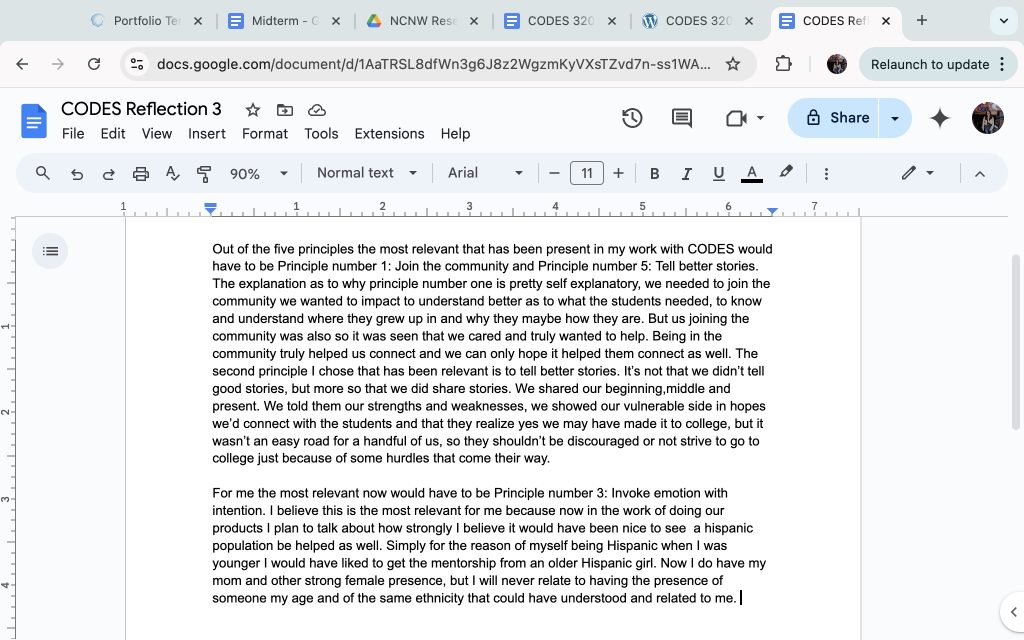
This assignment pushed me out of my comfort zone because it had me actually think about what principles I related too and which ones I am lacking. The thing I could have done differently is probably figure out what other principle is present in my life because it may have been more than one.
Goal 5B (20%)
Accesses information using effective, well designed search strategies and appropriate sources
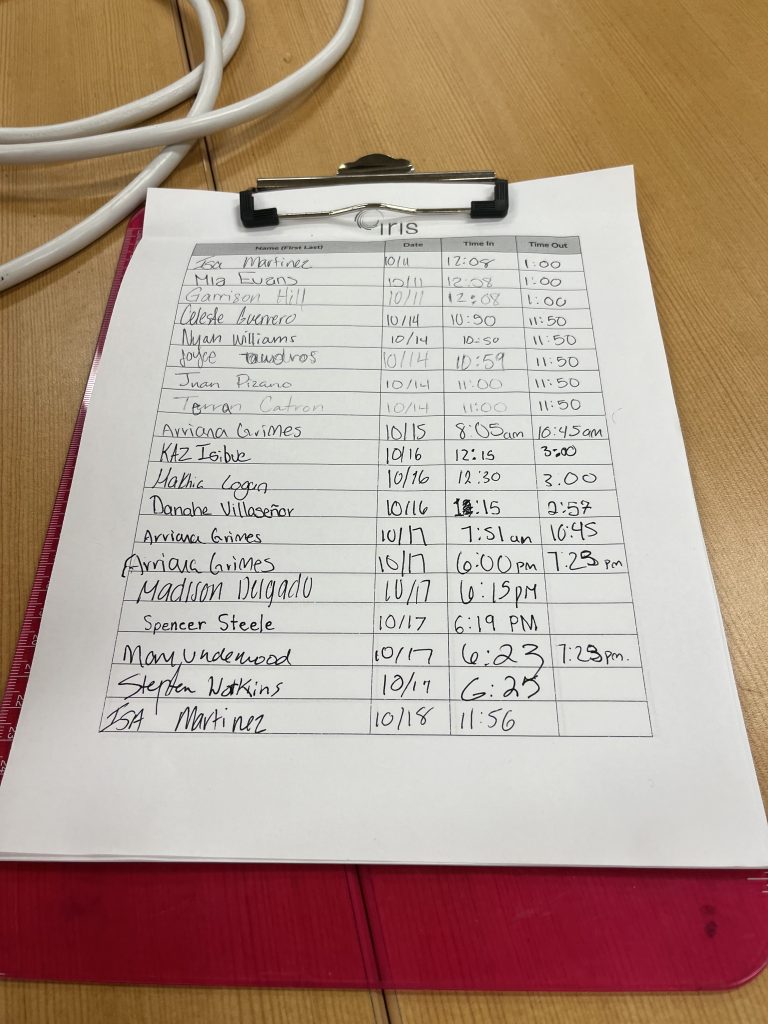
This goal is being followed through by attending the IRIS center meetings on Fridays. But when I can’t attend on fridays it’s being accomplished by attending make up meetings set up and approved by Dr.Shea.
Goal 12C (20%)
Works independently toward goals by contributing and meeting deadlines
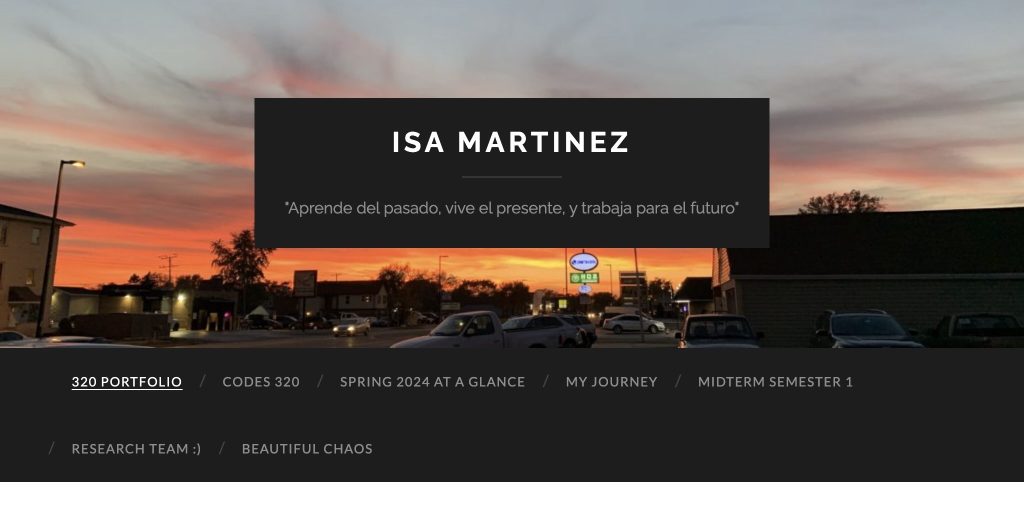
I choose the screenshot of my E-Portfolio because this is where everything can be found. Although may not show exact deadlines, it shows my contribution to not only CODES 320 but my time in CODES as a whole.
Goal 11C (20%)
Reads using an appropriate lens and can engage in a continuing dialogue within and beyond a discipline or a community of readers
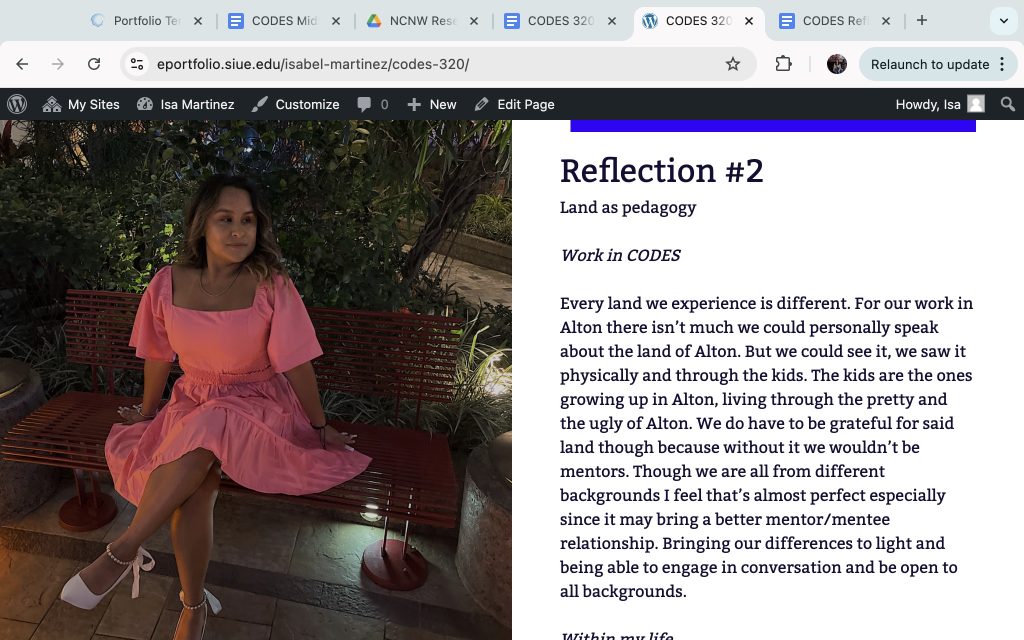
The readings help push me out of my comfort zone in ways I couldn’t imagine. For example reflection 2 allowed me to talk about my culture and heritage. As proud as I am to have Mexican Roots, sometimes it isn’t easy talking about what my grandfather did so his family could have a better life. Besides my personal life, reflection 2 also allowed me to reflect on the fact that we didn’t really know the land we were mentoring on.
Goal unknown (20%)
Uses language to skillfully communicate with clarity and fluency

This piece of writing supports the goal above because I liked to hope that my product one exemplifies clear and fluent communication. In hopes that whoever reads it understands my intention in writing my reflection.
Bridging the Experience Gap: The Importance of the Role of a Hispanic Mentor
Being a Hispanic student in college without a mentor wasn’t the easiest thing, especially coming to a predominantly white institution (PWI). Personally, I felt like my first few years of being at Southern Illinois University Edwardsville (SIUE) hindered my success with my academics and, in a sense, my social life. I think I wouldn’t have been so lost if I had a mentor who could steer me in the right direction with academics, cultural barriers, and the navigation of coming to a higher education institution in general. Having a mentor would be beneficial for navigating through cultural differences, feeling supported, and finding the confidence to show how proud one is to be a Mexican-American.
First off, a mentor familiar with Hispanic culture could have provided support and advice related to navigating cultural differences within the academic environment, potentially easing anxieties about fitting in. My biggest fear was not fitting in and being alone all four years of college, especially because I do speak Spanish fluently. It was my first language and I often catch myself speaking what we call “Spanglish” because my brain works in a different way than others. And sometimes I have to remind myself that there’s nothing wrong with that, but there are times when I overhear a random person commenting on someone else speaking a different language. Hearing that often makes one feel as if speaking one’s language is not okay, which was my thought when coming in as a first year.
Without a mentor or an upperclassman of the same ethnicity as me, I didn’t think I’d be liked or looked at as a human being if I spoke Spanish. Navigating through that barrier took me a few months; it was just pure fear: fear that held me from asking the right questions, fear that withheld me from calling my grandparents in public, fear that probably could’ve been prevented with the help of a mentor who was just like me. Even if maybe not in the sense of major choice, graduation year, or interest, having a mentor of the same ethnicity or close to it, having the same first language, someone who also struggled to accept that being a different ethnicity and being a person of color was okay and is okay, someone to tell me that being a Mexican-American was something to be proud of—all of this would have meant the world.
Now saying that, it’s not that I wasn’t proud as a freshman to be a Mexican-American, but in a sense, I felt that I couldn’t express how proud I was on campus. This leads me to speak about how a mentor could’ve helped with the cultural barrier. For example, Hispanics have different holidays that are a tradition for us to celebrate that I wasn’t sure would be accepted or allowed. Three important traditions that come to mind are Dia de los Muertos (Day of the Dead), Dia de La Independencia Mexicana, and Cumpleanos de la Virgen de Guadalupe. How it would’ve helped to have a mentor? Having a mentor for when these celebrations come around would have helped because a mentor could’ve reassured me that celebrating those holidays was okay. They could’ve provided me with resources or places that have celebrations for such holidays that may have been either on or off campus. For example, the Shrine of Our Lady of the Snows in Belleville, IL, offers a mass and celebration with a grupo (band), pan dulce (sweet bread), and hot chocolate to honor the birthday of the Virgen de Guadalupe. This tradition is very important to Mexican culture because la Virgen de Guadalupe is someone who we look at as a powerful symbol of Mexican identity, faith, and motherhood. But I as a freshman didn’t know this. Later through my freshman year, I realized there were Hispanic-oriented groups. For example, there was the Hispanic Student Union, which I didn’t know much about when I first started college. I joined quietly at first and went to events here and there, but that fear was still there—the fear of what others would think of me being in a dominantly Hispanic organization.
Now as a junior, I have the chance to reflect also on my year as a sophomore. My year as a sophomore was much better, but I still didn’t have a mentor, so I became my own. Only I knew what I needed, what I was missing from home, and what I could do to change my mindset. Being around my people, or as we like to say, la Raza, definitely helped, but it’s as if they also had the same fear as me: being afraid of showing we are proud to be Hispanic. In retrospect, I began to think about what it would have been like as a sophomore and having a mentor, and I began to ask myself questions such as, what if I had a mentor? Would I still be ashamed to be a Hispanic at a PWI? Would I still feel like an animal at a zoo being watched because I’m different? All these questions were left without an answer. Now as a junior, I realize no one should have to think the way I did, but I also think Hispanics aren’t as cared for or looked after as much as others. As a junior, I’m left with wanting to make a change and not knowing how. So for now all I can do is express the change I’d like to see and how passionate I am about my Hispanic culture.
Mentor On A Page

